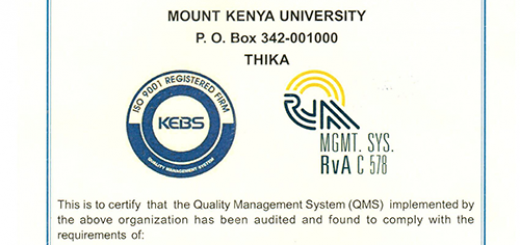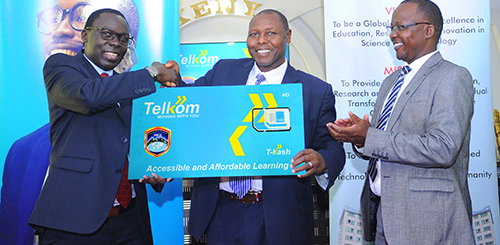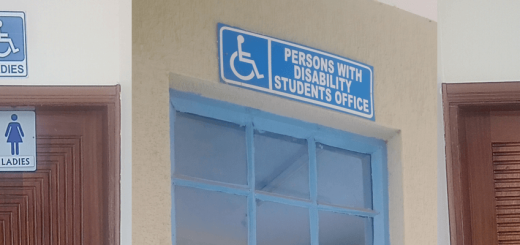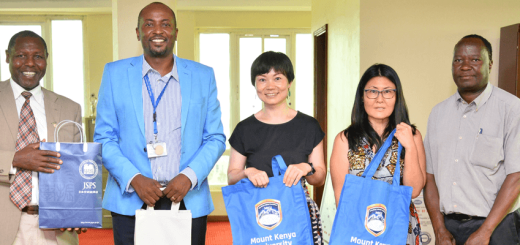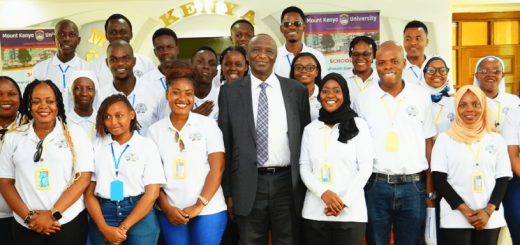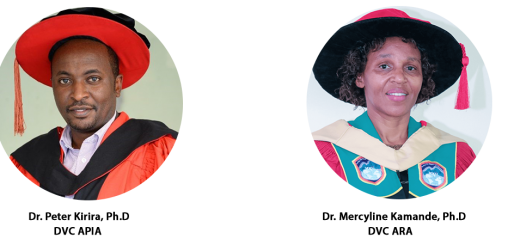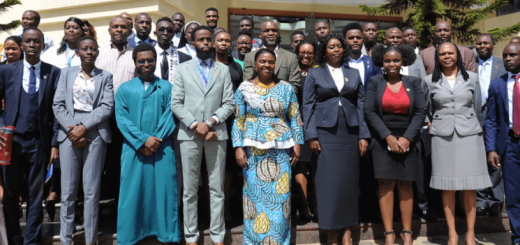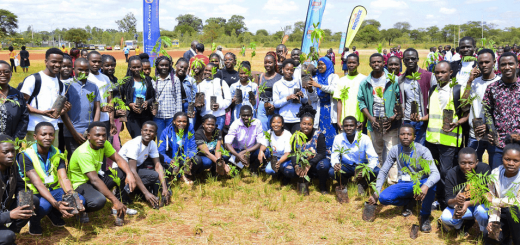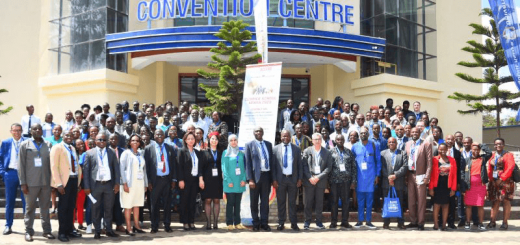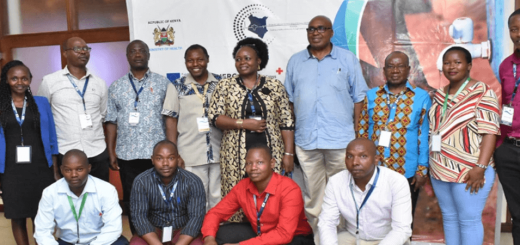MKU underscores the importance of virtual classrooms
Mount Kenya University has underscored the importance of virtual classrooms in higher education saying that the program has assisted employed professionals to advance in their careers.
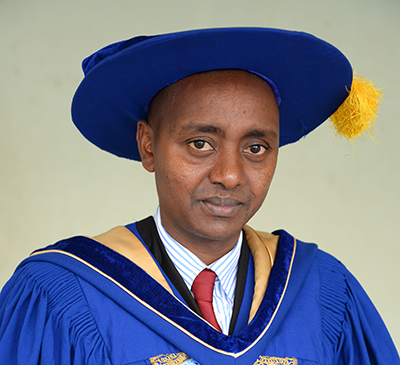
Dr. Benson Njoroge, Dean School of Education
Delivering his presentation during the just concluded Kenya Secondary Schools Heads Association (KESSHA), MKU Dean of School of Education, Dr Benson Njoroge said from the MKU experience, there are numerous benefits of virtual classrooms.
He said teachers and other education professionals have taken advantage of the program to advance their careers while still teaching and carrying out their administrative duties.
Njoroge said virtual learning has proved to be more cost-effective as it cuts expenses such as travel and accommodation adding that it is non-restricting as tutors and learners participate in live synchronized and simultaneous classes.
“Virtual classrooms are also great options for impromptu meetings and group projects where members need to check-in on progress and bounce ideas of one-another,” Said the academician.
Dr. Njoroge said the increasing demand for higher education and the need for acquisition of new skills for a dynamic labour market, virtual classroom has become the most viable alternate mode to address these needs.
“Because advance in technology has been the defining factor in the 21st century, learning is no longer restricted to the four walls of a classroom (same space and same time). With virtual classroom, learning can now take place anywhere, everywhere, anytime,” said the dean.
Virtual classrooms can take two scenarios: In the first one, called asynchronous virtual learning, learners engage with ready-made uploaded learning resources, essentially a self- paced tutorial course based on lessons.
The learners can engage with other learners through discussions in the chat rooms and discussion forums. The facilitators then evaluate the learning outcomes, grade the assignments and give students feedback.
The second mode is the synchronous learning where the instructor and the learners interact online at the same time through a Virtual Management Learning System (VMLS) platform. This is an instructor-led classroom.
There is at least one active instructor present and the lesson is carried out in real time at a specific time and date, with the students’ virtual classroom attendance through video conferencing.
Doctor Njoroge said that being the largest private University in East and Central Africa, Mount Kenya University (MKU) endeavors to Unlock Infinite Possibilities by offering quality education in all its programmes, which include teacher education.
“It has, therefore, embraced both the digital learning and the blended mode of learning for educational professionals such as teachers, principals and other institutional administrators who seek to advance their studies while at the same time pursuing careers at the work place. This mode of study is called Distance Institution-based and e-Learning (DIBeL),” he said.
He said MKU is using this mode of study in its Bachelor of Education (Arts, Science, Special Needs, Early Childhood and Primary Education degrees, Postgraduate Diploma in Education (PGDE), and Master of Education programmes.
One-third of the learning is delivered through face-to-face while two-thirds is done through web-based learning.
Face-to-face learning takes place during school holidays while the web-based learning is done through VMLS during the school term.
Assessment and evaluation is done as per the University Examinations Regulations and Guidelines. The staff and students are thoroughly trained on web-based learning.
Njoroge says MKU has invested in elaborate physical infrastructure such as classrooms, laboratories, offices, hostels, and sports facilities in order to effectively deliver the face-to-face component through DIBeL.

